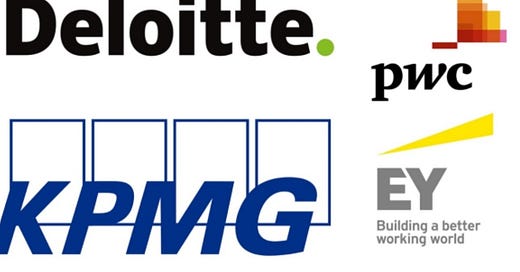Are the Big 4 audit firms practicing what they preach about trust and integrity?
Trust is earned, not bought, and will disappear quickly if the story keeps changing.
On July 2, 2018, PwC U.S. was ordered by a federal judge to pay $625 million to the Federal Deposit Insurance Corporation for failing to follow auditing standards and, as a result, missing a fraud involving non-existent mortgages that caused the failure of Alabama-based Colonial Bank in 2009.
On August 26, 2016, PwC had also reached a confidential settle…


